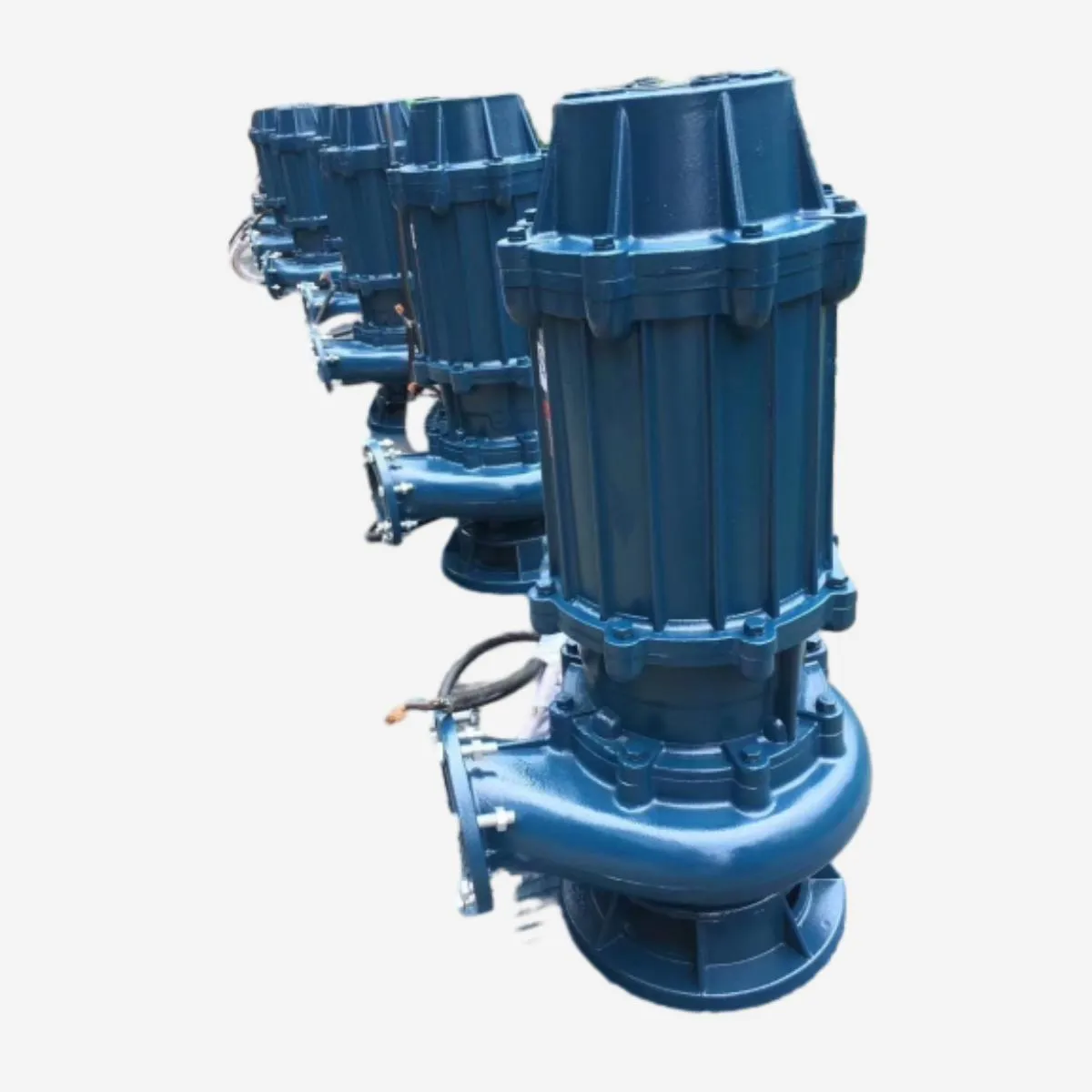English
- Afrikaans
- Albanian
- Amharic
- Arabic
- Armenian
- Azerbaijani
- Basque
- Belarusian
- Bengali
- Bosnian
- Bulgarian
- Catalan
- Cebuano
- Corsican
- Croatian
- Czech
- Danish
- Dutch
- English
- Esperanto
- Estonian
- Finnish
- French
- Frisian
- Galician
- Georgian
- German
- Greek
- Gujarati
- Haitian Creole
- hausa
- hawaiian
- Hebrew
- Hindi
- Miao
- Hungarian
- Icelandic
- igbo
- Indonesian
- irish
- Italian
- Japanese
- Javanese
- Kannada
- kazakh
- Khmer
- Rwandese
- Korean
- Kurdish
- Kyrgyz
- Lao
- Latin
- Latvian
- Lithuanian
- Luxembourgish
- Macedonian
- Malgashi
- Malay
- Malayalam
- Maltese
- Maori
- Marathi
- Mongolian
- Myanmar
- Nepali
- Norwegian
- Norwegian
- Occitan
- Pashto
- Persian
- Polish
- Portuguese
- Punjabi
- Romanian
- Russian
- Samoan
- Scottish Gaelic
- Serbian
- Sesotho
- Shona
- Sindhi
- Sinhala
- Slovak
- Slovenian
- Somali
- Spanish
- Sundanese
- Swahili
- Swedish
- Tagalog
- Tajik
- Tamil
- Tatar
- Telugu
- Thai
- Turkish
- Turkmen
- Ukrainian
- Urdu
- Uighur
- Uzbek
- Vietnamese
- Welsh
- Bantu
- Yiddish
- Yoruba
- Zulu
Telephone: +86 13120555503
Email: frank@cypump.com
Nov . 17, 2024 23:29 Back to list
sewer pump for basement bathroom
The Necessity of a Sewer Pump for Basement Bathrooms
Basement bathrooms can be a luxurious addition to a home, providing convenience and accessibility. However, they also come with unique challenges, particularly when it comes to plumbing. One of the most significant issues faced by homeowners with basement bathrooms is the elevation of sewage. Most municipal sewer systems are graded to allow for gravity drainage, which can be problematic when your bathroom is situated below the main sewer line. This is where a sewer pump becomes essential.
Understanding Sewer Pumps
A sewer pump, also known as a sewage ejector pump, is designed to lift wastewater from the lower level of a home to the primary sewer line. This type of pump operates by collecting waste from the bathroom — including toilets, sinks, and showers — and pushing it upward through a discharge pipe into the main sewer system. By overcoming the challenges posed by gravity, a sewer pump ensures that your basement bathroom can function effectively and without interruption.
Why You Need a Sewer Pump
1. Gravity Challenges As mentioned, basement bathrooms are often located below the main sewer line level. Without a pump, waste cannot flow freely into the municipal system. A sewer pump helps in overcoming this significant challenge, making it possible to have a functional bathroom in your basement without the risk of sewage backup.
2. Preventing Backup Sewage backups can lead to unsanitary conditions, unpleasant odors, and costly repairs. A sewer pump minimizes this risk by actively moving waste away from your basement. This proactive approach can save homeowners from the headaches and high expenses associated with cleanup and remediation.
3. Increased Home Value Adding a bathroom to your basement can significantly increase your home's value and attract potential buyers. A sewer pump allows for this addition without the considerable cost of extensive plumbing work. Buyers will appreciate the convenience and additional functionality that a basement bathroom offers.
sewer pump for basement bathroom

4. Versatile Applications Sewer pumps are not limited to just toilets; they can also handle wastewater from showers, sinks, and even laundry facilities. This versatility makes them a practical choice for anyone considering a complete bathroom setup in their basement.
Choosing the Right Sewer Pump
When selecting a sewer pump for your basement bathroom, several factors need to be considered
- Horsepower Pumps usually come in various horsepower ratings. Larger capacity needs may require a pump with more horsepower to effectively manage the volume of waste. - Durability and Material Look for pumps made from corrosion-resistant materials. Given the nature of their work, these pumps must withstand harsh conditions and should be robust enough for heavy-duty use. - Noise Levels Some pumps can operate quite loudly, which may be a concern, especially in a living space. Research models that operate quietly to maintain tranquility in your home.
Installation and Maintenance
Installing a sewer pump should be handled by a professional plumber. They can ensure the pump is correctly situated, connected, and functioning effectively within your plumbing system. Regular maintenance checks are also crucial. Over time, components can wear, and clogs may occur. Homeowners should schedule routine inspections to ensure their sewer pump remains in top condition, avoiding emergencies down the road.
Conclusion
Investing in a sewer pump for your basement bathroom is not just a matter of convenience; it is essential for safe and effective waste management. With the right pump installed, you can enjoy the benefits of your basement bathroom without the stress of plumbing issues. This addition can enhance your home's functionality and add significant value, making it a wise investment for homeowners looking to improve their living space.
-
ISG Series Vertical Pipeline Pump - Chi Yuan Pumps Co., LTD.
NewsJul.30,2025
-
ISG Series Vertical Pipeline Pump - Chi Yuan Pumps Co., LTD.|energy-efficient fluid handling&industrial durability
NewsJul.30,2025
-
ISG Series Vertical Pipeline Pump - Chi Yuan Pumps | Advanced Engineering&Industrial Efficiency
NewsJul.30,2025
-
ISG Series Pipeline Pump - Chi Yuan Pumps | High Efficiency, Energy Saving
NewsJul.30,2025
-
ISG Series Vertical Pipeline Pump-Chi Yuan Pumps|High Efficiency&Reliable Performance
NewsJul.29,2025
-
ISG Series Vertical Pipeline Pump|High Efficiency&Low Noise
NewsJul.29,2025










